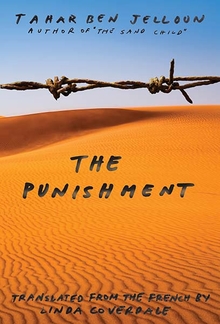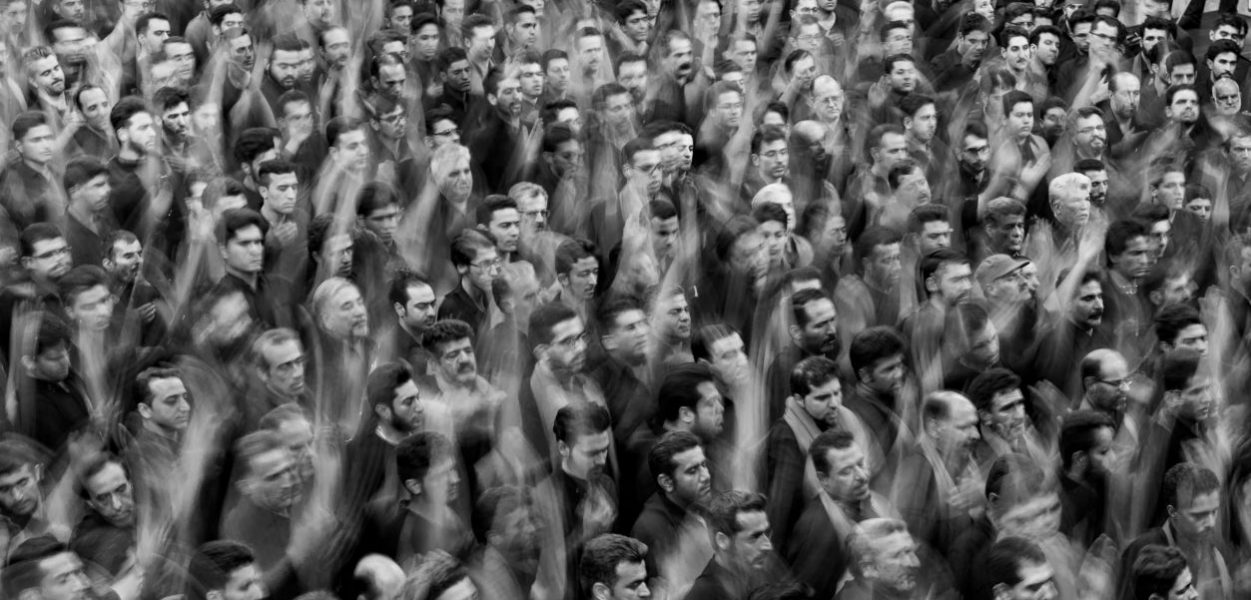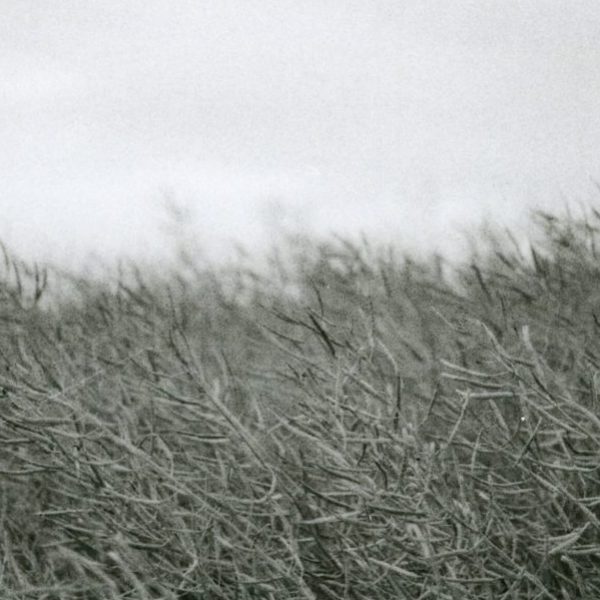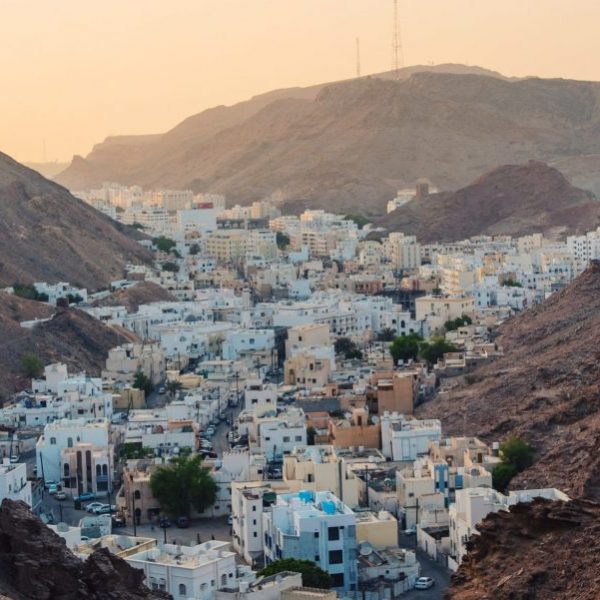The Punishment
Tahar Ben Jelloun—
July 16, 1966, is one of those mornings that my mother has tucked away in a corner of her memory, she says, so she can remember to tell her gravedigger all about it. A gloomy morning with a white and pitiless sky.
Many words have gone missing from that day. What remains are vacant, downcast eyes. Dirty hands snatch a son not yet twenty years old from his mother. Commands and insults fly: “We’ll teach him what’s what, this sonofabitch!” The army jeep spits nauseating fumes. My mother fears the worst, tries desperately not to collapse. It’s a time when young men are disappearing, when frightened people keep their voices low, suspecting the walls of recording thoughts voiced against the regime, the king, and his henchmen, those ruthless soldiers and undercover policemen whose cruelty hides behind hollow phrases. Before leaving, one of the two men tells my father, “Tomorrow your kid must report to the camp at El Hajeb, general’s orders. Here’s the train ticket, third class. He’d better not run away.”
The jeep belches one last blast of exhaust and takes off, tires screeching. I knew that I was on the list. They’d gone to Moncef’s house the day before, and he’d warned me that we were in for it. Someone had told him beforehand, apparently, perhaps his father, who has a cousin at army headquarters. On an old map of Morocco, I look for El Hajeb. “It’s next to Meknès,” my father says. “It’s a village where there are only soldiers.”
The next morning, I’m on the train with my older brother. He has insisted on going all the way there with me. We have no specific information. Just that curt summons.
My crime? To have participated on March 23, 1965, in a peaceful student demonstration that was bloodily repressed. I was with a friend when suddenly, right in front of us, members of the Chabakoni brigade, as they’re called—ça va cogner, “gonna get rough”—began savagely beating the demonstrators for no reason at all. Frantic with fear, we ran and ran until we finally found shelter in a mosque. Along the way, I saw bodies lying on the ground in their own blood. Later I saw mothers rushing to hospitals in search of their children. I saw panic, and hatred. Above all, I saw the face of a monarchy that had given soldiers free rein to restore order by any means whatever. On that day, the division between the people and their army was sealed. There were rumors in town that General Oufkir in person had fired on crowds in Rabat and Casablanca from a helicopter.
That same evening, the Union Nationale des Étudiants Marocains (UNEM) held a secret meeting in the kitchen of the university cafeteria, a gathering I was naive enough to attend. Even before it was over we heard the jeeps arrive: we had clearly been betrayed. The union leaders had long thought that someone was tipping off the police and suspected one guy
From The Punishment by Tabar Ben Jelloun, translated by Linda Coverdale. Published by Yale University Press in 2020. Reproduced with Permission.
Tahar Ben Jelloun is an acclaimed Moroccan-born French novelist, poet, and essayist. His many works include Racism Explained to My Daughter, The Sand Child, and the IMPAC Award–winning This Blinding Absence of Light, also translated by Linda Coverdale. Linda Coverdale is an award-winning translator who has translated over seventy-five books.
Further Reading:



























